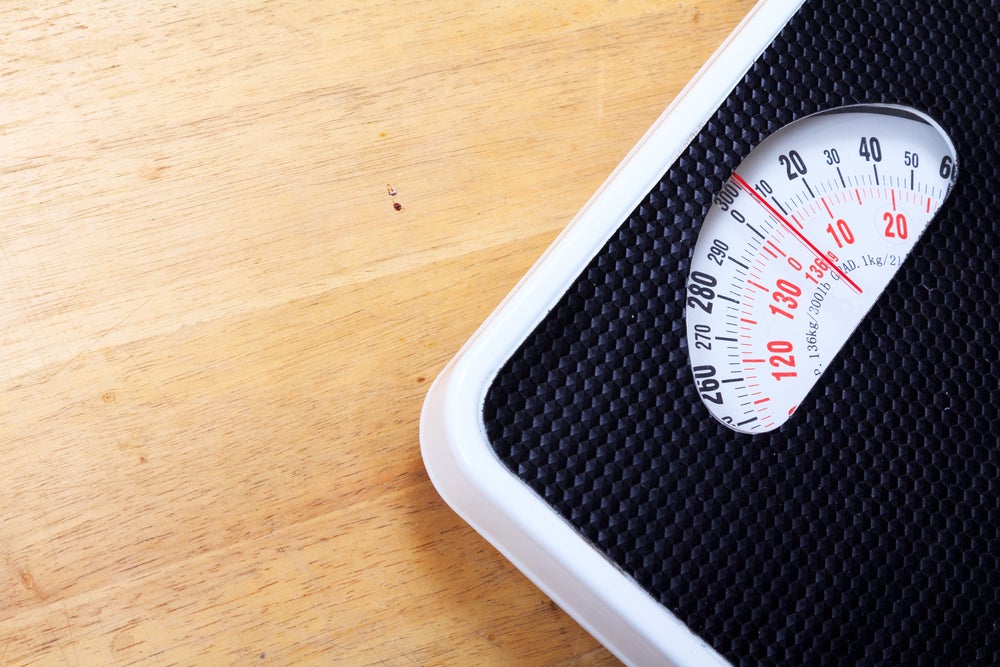Balancing Weight Loss With Triathlon Performance

Photo: Shutterstock.com
Q: I want to lose weight, but I don’t want my performance to suffer.
A: The habit of body comparison is incredibly common, especially in the triathlon world. But the pursuit of the “perfect” body can lead an athlete down a slippery slope of risking illness and injury, slower recovery and decreased performance from insufficient or improper fueling.
Keep in mind that body composition (the percentage of body fat and the amount of fat-free mass, which consists of muscles, bones and organs) and body weight are two different things. When the focus is on a scale reading, there is a tendency toward restrictive fueling, which leads to loss of lean body tissue and bone mass and (a counterproductive) increase in body fat.
Changing the focus to body composition, on the other hand, may provide benefit to an athlete’s performance. The target body fat range for each athlete is individual and should never be a one-size-fits-all recommendation. The goal should be to lose body fat while maintaining or increasing fat-free mass so that overall macronutrient intake and health are not compromised. Changes in body composition are best achieved gradually and in the off-season, when fitness gains and race preparation are not the primary focus.
In determining an ideal body composition for you, ask yourself these questions:
What was your body composition when you have felt and performed your best? This is likely the ideal body composition for you.
How difficult was it to achieve and maintain? If a desired body weight requires crash dieting or eliminating entire food groups, then this signals a red flag that your goal weight is unrealistic.
Were you healthy or frequently getting sick? Training with a nutrient and caloric deficit leads to a weakened immune system and inability to repair and recover from the training stress.
Body composition and body weight are a result of a balanced diet, a well-executed fueling protocol, and smart training regimen. Tracking fitness gains, nutritional and lifestyle habits over time is the best way to measure and utilize results.
Healthy Body Fat Stats
All athletes need to maintain a certain amount of body fat to insulate vital organs, regulate body temperature, and ensure adequate production of sex hormones.
Men should not dip below 5% body fat and women should not get under 12%. Some guidelines by age:
Men younger than 55 years: 5–15%
Men older than 55 years: 7–18%
Women younger than 55 years: 16+%
Women older than 55 years: 20+%
A few rules to follow this off-season
Match carbohydrate intake to your training. If training 4 hours per week, take in 2.75 grams of carbs per pound of body weight daily. If training 5–6 hours per week, take in 2.75–3.25 grams per pound; training 7–10 hours per week, take in 3.25–3.75 grams per pound.
Don’t skip breakfast. It’s the most important meal of the day. In a hurry? Grab a Greek yogurt and banana with peanut butter or, for a slower paced meal, two eggs cooked, with a side of oatmeal and seasonal fruit.
Eat balanced meals and snacks. Don’t count calories. Instead, spend your energy eating food from three different food groups at each meal and snack. For example: grilled chicken breast, steamed broccoli, sweet potato with butter and cinnamon, and a glass of low-fat milk.
Be mindful of appetite, especially in the winter months when appetite should be depressed with reduced training volume. Eat meals at a table, slowly savoring your food—not rushed while driving in the car or standing at the kitchen sink.
Susan Kitchen, R.D., has a master’s degree in public health and is a board-certified sports dietitian, a USAT- and Ironman-certified coach and a lifelong endurance athlete herself. She lives in Chapel Hill, N.C., and is the owner of Race Smart, a sports nutrition and coaching company.